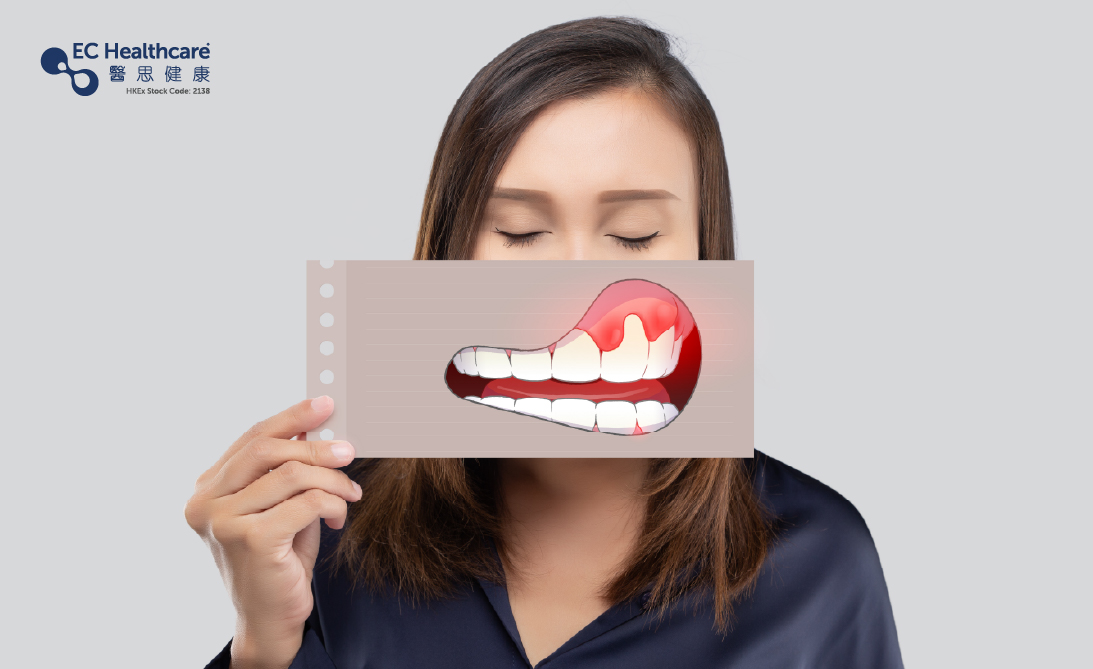Are Enlarged Tooth Gaps and Tooth Sensitivity Signs of Gum Recession?


Have you ever noticed that your teeth feel sensitive or achy when you indulge in a frosty drink or enjoy a steaming hot meal? Perhaps you've also observed that the gaps between your teeth seem wider, while the gum tissue below appears to be shrinking, exposing more of the tooth roots. This not only affects your smile's aesthetics but also causes concern. If you're experiencing these issues, it's crucial to seek dental advice promptly, as they could be signs of gum recession.

The Causes of Gum Recession
The factors contributing to gum recession can be classified as either congenital or acquired. In some cases, individuals may have irregular teeth alignment or naturally thin gum tissue, making them more prone to gum recession from the start. On the other hand, acquired causes of gum recession include:
Poor Brushing Habits
Using a toothbrush that is too hard or brushing too forcefully can gradually injure and cause the gums to recede. It is recommended to use a softer toothbrush and brush with appropriate pressure.
Periodontal Disease
Inflammation of the tissues surrounding the teeth leads to infection and inflammation of the gum tissue. If left untreated, the supporting bone and gums can gradually recede, and even result in tooth loss.
Smoking
Nicotine in cigarettes constricts the blood vessels in the oral cavity, affecting the delivery of nutrients to the gums and supporting structures. As a result, the gums gradually recede.
Common Symptoms of Gum Recession
Gum recession is a chronic condition that worsens over time. In its early stages, symptoms may not be apparent, and by the time they are noticed, the condition may have already progressed to the moderate or advanced stage. Common symptoms include:
Tooth Lengthening
Due to gum recession, the teeth may appear longer and sharper as the tooth roots become exposed.
Tooth Sensitivity
With the roots exposed and lacking the protective enamel covering, the teeth become more prone to sensitivity, resulting in sensations of numbness or soreness.
Loose Teeth
You may experience a sense of looseness in your teeth, especially while eating. This occurs when gum recession weakens the supporting tissues, such as in periodontal disease or other causes, compromising the previous stability and connection of the teeth.
How to Treat Gum Recession?
In the early stages of gum recession, preventing further deterioration can be achieved through improving brushing habits, quitting smoking, and other measures.
For individuals with moderate gum recession, dental intervention such as professional teeth cleaning and root planing may be necessary. These procedures effectively remove plaque and tartar near the gum tissue and periodontal pockets, promoting the restoration of healthy gum tissue.
Severe cases of gum recession may require surgical treatments such as gum flap surgery, gum regeneration procedures, or gum grafting. If you experience the aforementioned symptoms, it is important to seek professional advice from a dentist for proper evaluation and personalized recommendations.
Related Brands



